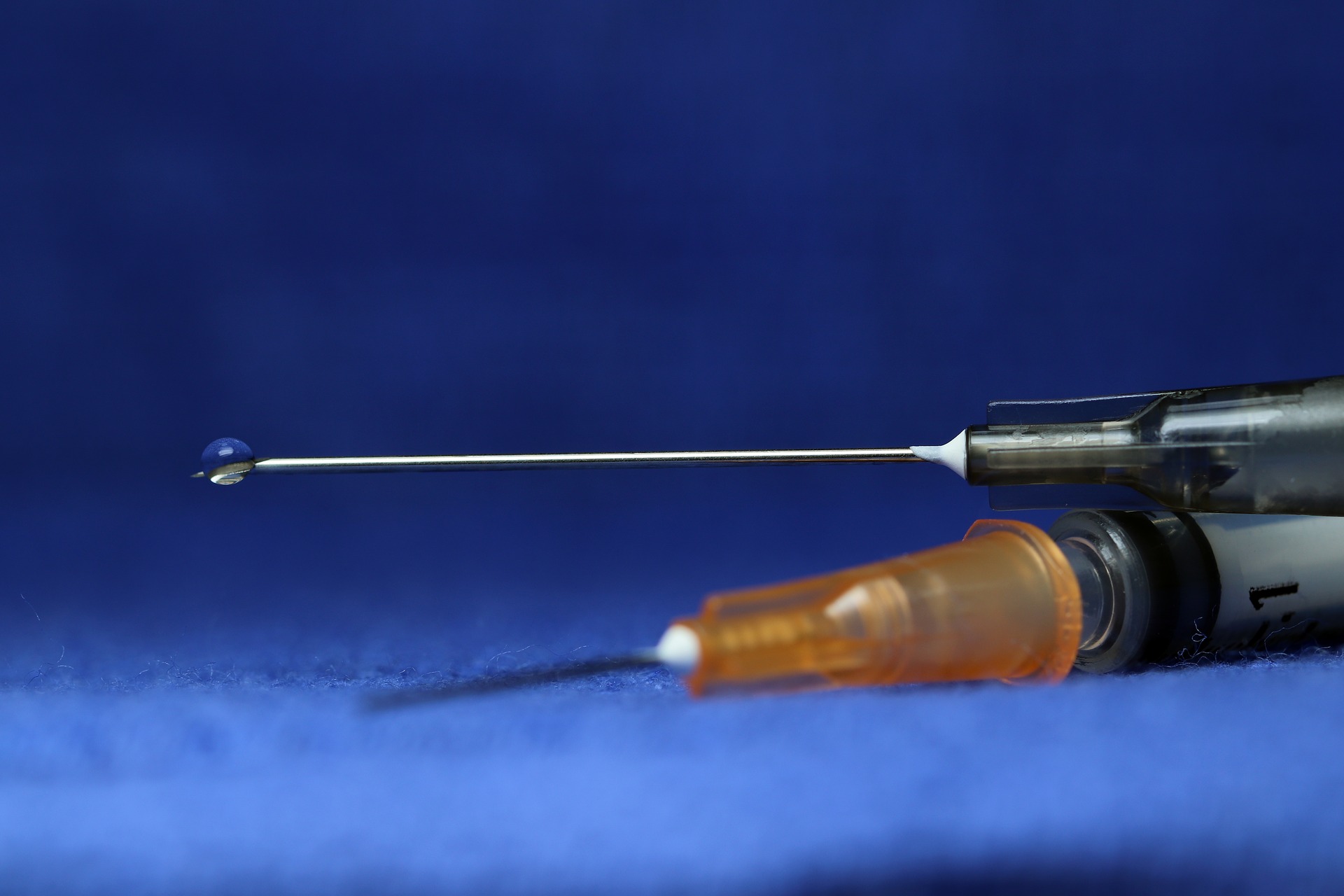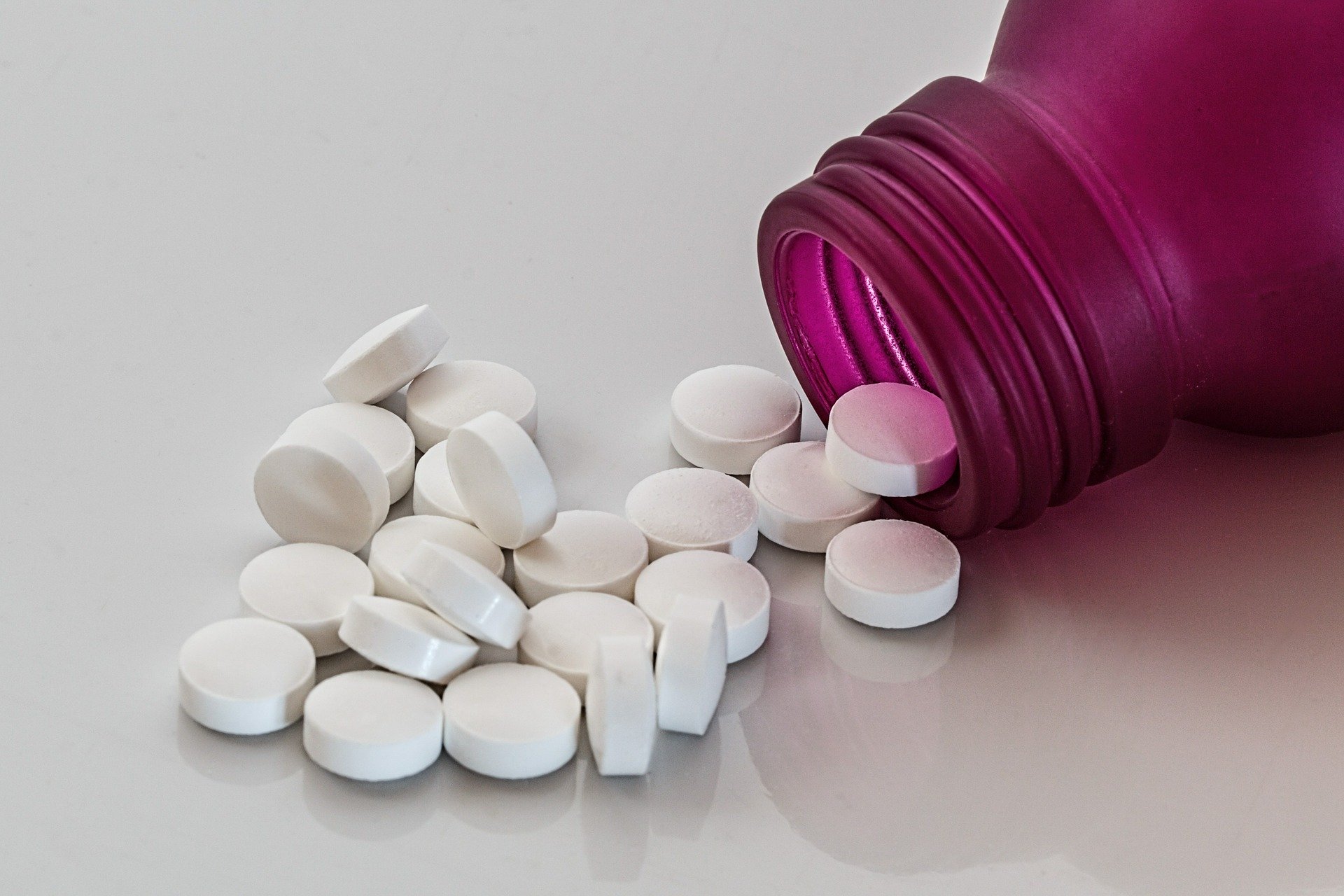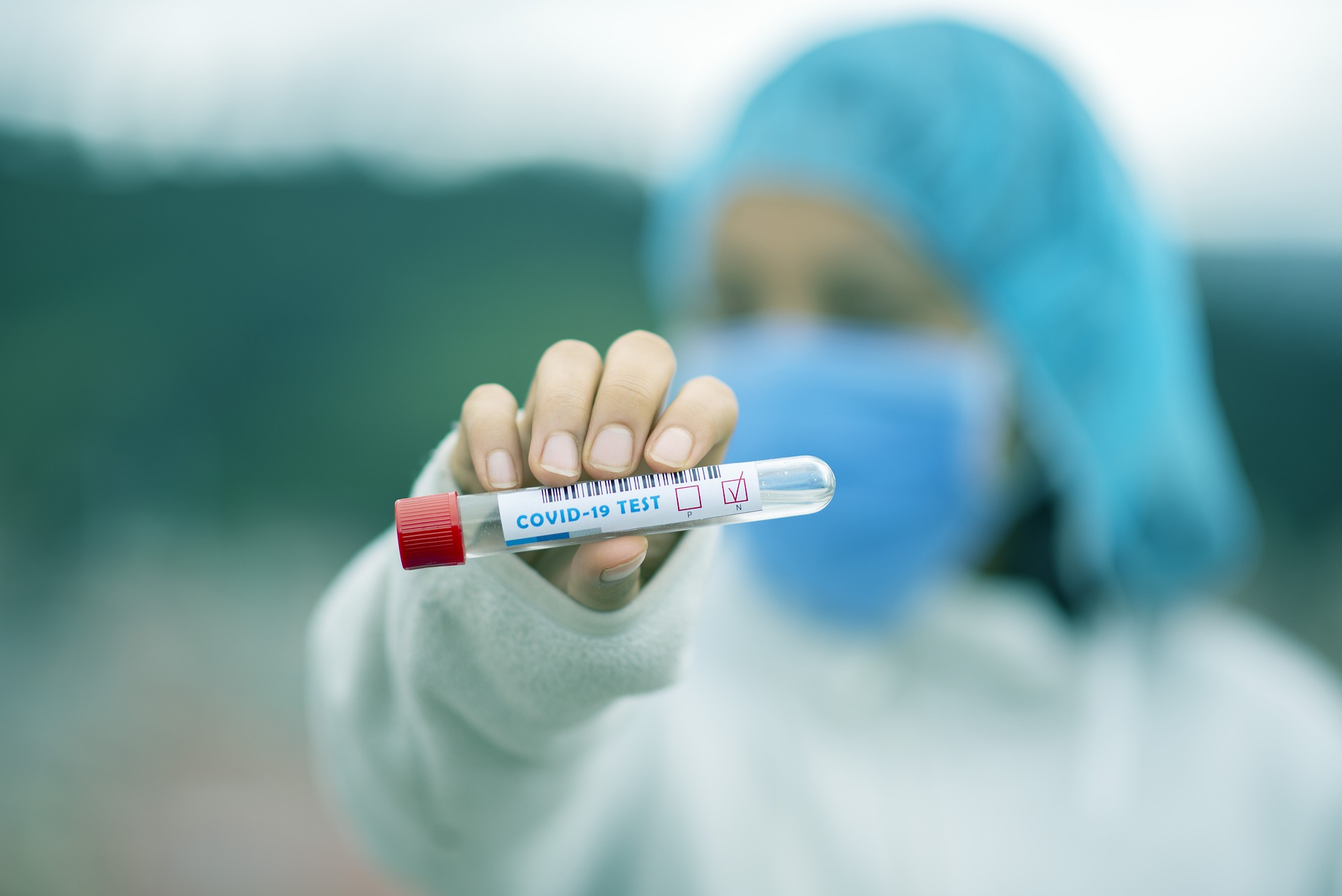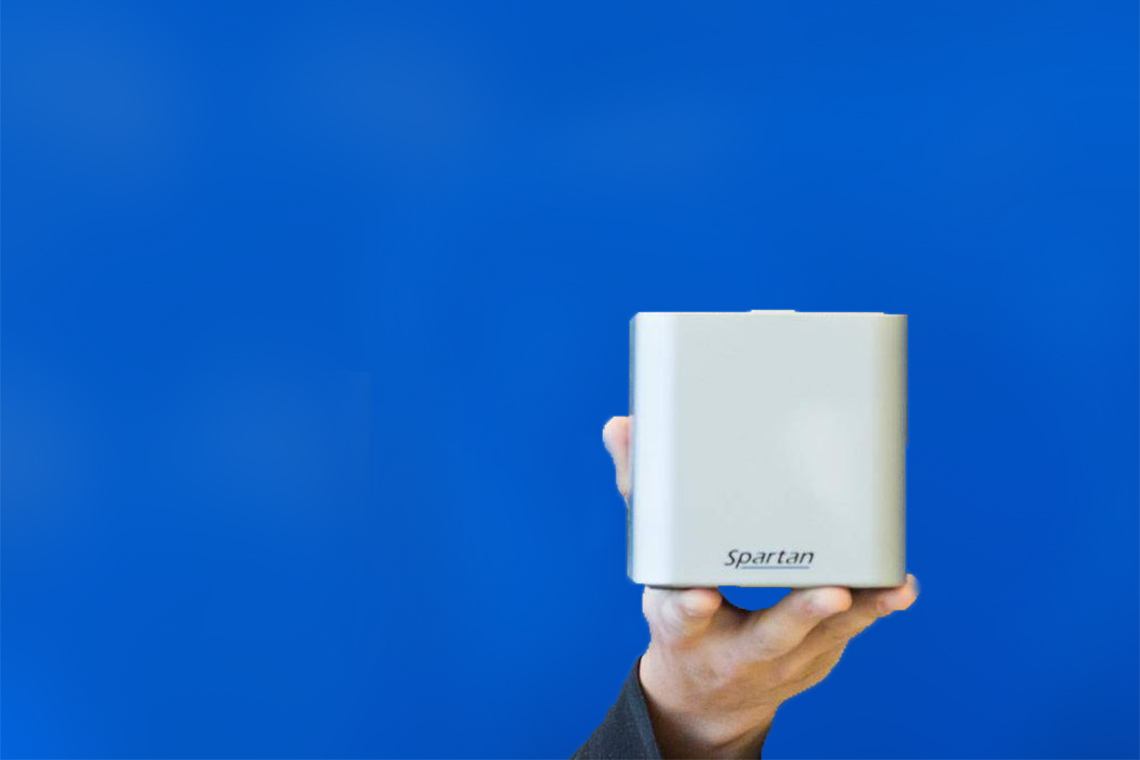Researchers at the University of Oxford have developed a portable diagnostic test for COVID-19 that will only cost around $25. The test is not only cheap, but also easy to use and fast, producing results in just half an hour. Rapid and accessible testing will be particularly important as businesses, schools and other public spaces begin re-opening around the world amidst the global pandemic.
Scientists from the University of Oxford’s Engineering Science Department and the Oxford Suzhou Centre for Advanced Research (OSCAR) in China developed the rapid testing technology for the novel SARS-CoV-2 virus that causes COVID-19. Professors Zhanfeng Cui and Wei Huang led the project with the goal of making a device that can provide fast test results without compromising on accuracy and reliability.
“Our test is ideal for use in community or field settings by laypersons and allows immediate decisions to be made,” said Zhanfeng Cui, director of the Oxford Suzhou Centre for Advanced Research.
“Immediate applications are: returning to work/education (i.e., schools, universities, companies) and making quarantine decision (e.g. care homes, hospitals, temporary migrants, tourists),” said Cui. “Use of such a test could be crucial to economic recovery globally.”
Related: FDA Approves First At-Home Saliva Test for COVID-19
The device is a single-step test that uses samples from a throat or nasal swab to generate results in about 30 to 45 minutes.
The test is an RNA diagnostic based on RT-LAMP (reverse transcription, loop-mediated isothermal amplification) technology, which produces colorimetric results that can be read by eye or a digital instrument. The method requires less hardware than conventional PCR-based tests, which often involve dozens of heating and cooling cycles to drive the DNA amplification reactions needed to generate a result.
The LAMP technology, on the other hand, only requires a simple heat-block to maintain a constant temperature as the method involves transcription of RNA to DNA, followed by amplification of the DNA, all at the same temperature.
The simplified test can be used in remote areas or community healthcare centers. The researchers say their test kit can be operated in the field without specialized equipment or additional scientific training.
“An advantage of using LAMP technology is that it uses different reagents to most laboratory-based PCR tests,” said Monique Andersson, director of microbiology at the Oxford University Hospitals NHS Foundation Trust, which worked to validate the test clinically.
The technology has been validated at Shenzhen Luohou People’s Hospital in China on clinical samples. The hospital used the rapid detection kits on eight positive and eight negative human samples (as confirmed by traditional RT-PCR methods and other clinical evidence). Test results obtained from the portable device were found to be consistent with the RT-PCR data. The researchers plan to publish the results of the clinical validation shortly.
“Implementation of this test for screening would ease the pressure on the PCR reagent supply chain in the NHS,” Andersson said. “In terms of its wider application, the assay requires little infrastructure and is relatively low cost making it a viable option for widespread testing in [low- to middle-income countries].”
In addition, the test kits can be shipped and stored at room temperatures, without the need for refrigeration systems.
“Speed of response is crucial in the current pandemic, and we are very pleased to have supported our researchers through the commercialization process in just three months,” said Jane Jin, a senior licensing and venture manager at Oxford University Innovation. “Now that the social venture has been incorporated, we look forward to seeing the technology deployed globally at scale, in particular in resource-poor developing countries.”
The Oxford scientists are working to develop a fully integrated device so that testing can be performed at clinics, airports or even at home. They also plan to perform clinical validations of the device within the UK and are looking into manufacturing options for the test kits.












Join or login to leave a comment
JOIN LOGIN